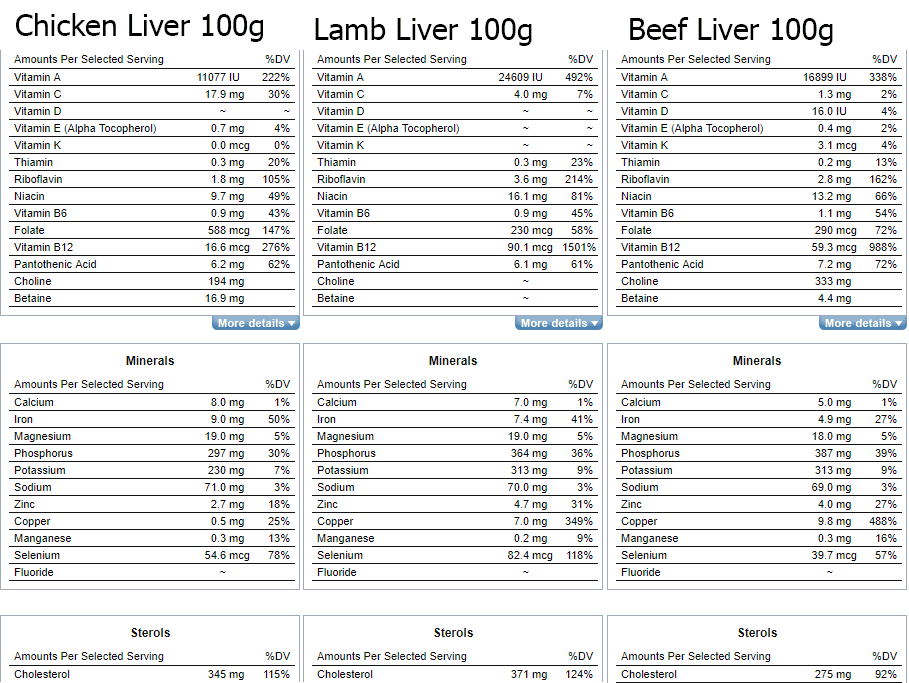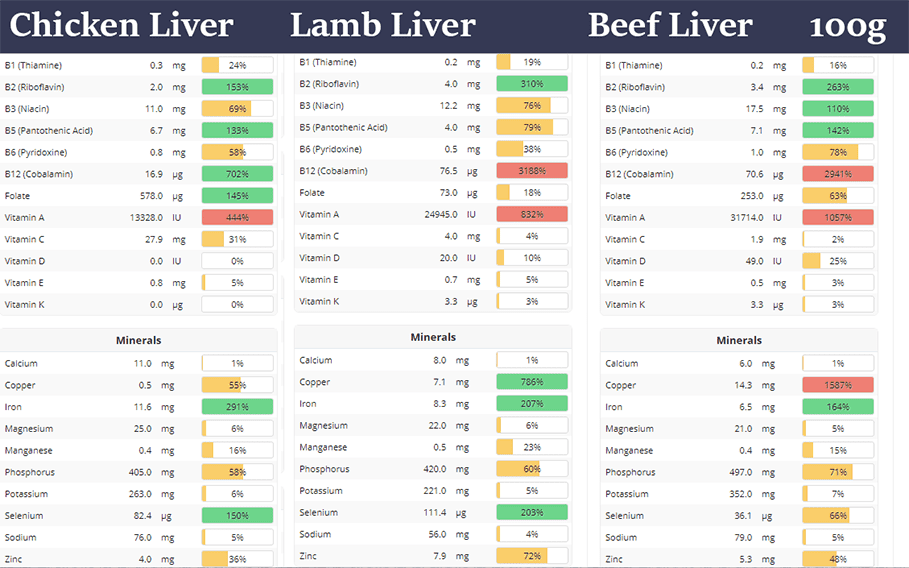InChristAlone
Member
Yeah maybe when his daughter and son in law moved in to help out he felt he couldn't be himself? So Chinese medicine would say he isn't able to speak his truth thus the throat chakra being off balance.But a cherished mascot isn't let go.



